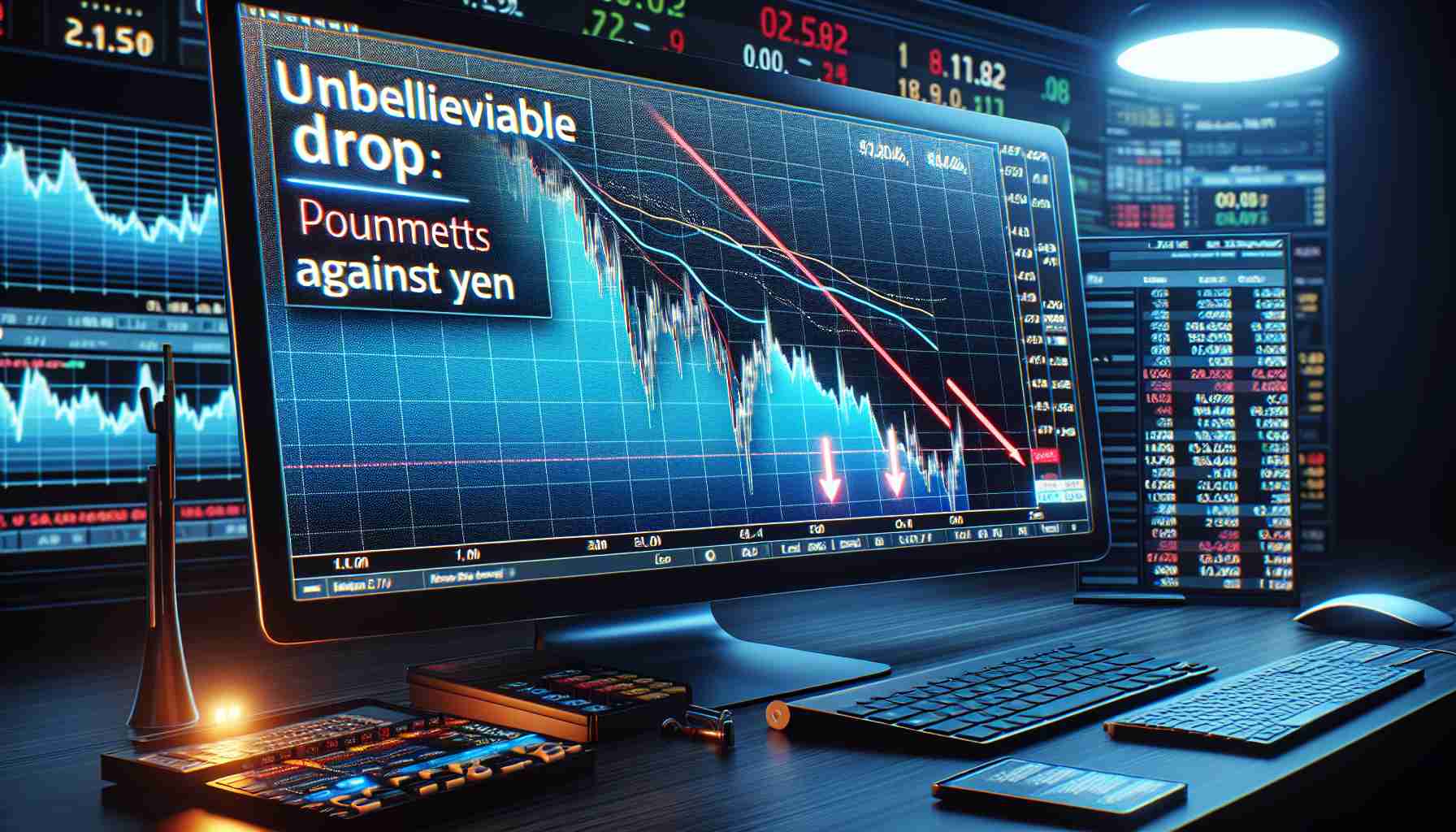- Hyundai is temporarily halting production of the Ioniq 5 and Kona Electric due to declining domestic EV sales.
- During the recent month, only 75 units of the Ioniq 5 were sold in South Korea, leading to disappointing overall sales figures for 2024.
- To stimulate interest, Hyundai is offering discounts and incentives to consumers.
- Market cooling and U.S. policy uncertainties contribute to reduced EV demand globally.
- Despite domestic setbacks, Hyundai’s sales in the U.S. saw a 15% increase in January, driven by hybrid model sales.
- Hyundai’s strategy shift underscores the importance of adapting to changing consumer preferences in the automotive industry.
In a bold move reflecting the current state of the electric vehicle (EV) market, Hyundai Motor has announced a temporary suspension of production for its beloved Ioniq 5 and Kona Electric models. The automaker, based in South Korea, is pausing operations at its Ulsan Plant from February 24 to 28, a decision driven by a troubling decline in domestic EV sales and dwindling orders.
Just last month, Hyundai reported selling a mere 75 units of the Ioniq 5 in its home market, with total domestic sales for 2024 reaching only 16,600—far below expectations. To combat this slump, the company has rolled out attractive discounts and incentives aimed at reigniting consumer interest.
The slowdown in EV demand has been attributed to a combination of market cooling and uncertainty surrounding policies from the U.S. government, which could prolong the global demand downturn. However, amidst this challenging landscape, Hyundai’s fortunes in the United States are looking brighter, with a notable 15% sales increase in January, marking its best performance for that month ever. The surge was bolstered by a dramatic rise in sales of hybrid models, demonstrating that while EV demand may be faltering, alternatives like hybrids are gaining traction.
As the battle for the EV market heats up, Hyundai’s pivot highlights a critical takeaway: adapting strategies in response to shifting consumer preferences is essential for survival in the fast-evolving automotive landscape.
Hyundai’s Strategic Pause: What It Means for the Future of EVs
Overview of Recent Developments
In a decisive response to declining domestic electric vehicle (EV) sales, Hyundai Motor Company has temporarily halted production of its Ioniq 5 and Kona Electric models. This suspension at the Ulsan Plant, effective from February 24 to 28, illustrates the company’s need to recalibrate amidst a challenging marketplace. Despite earlier optimism, domestic sales fell sharply, with only 75 units of the Ioniq 5 sold last month and a total of 16,600 for the entire year so far.
To stimulate demand, Hyundai has introduced a series of enticing discounts and incentives aimed at rekindling consumer interest in its EV lineup. This move underscores the fluctuating dynamics of the automotive sector, particularly around EV adoption.
Key Insights and Trends
– Market Trends: The downturn in EV demand is linked to broader economic factors, including market stabilization and uncertainties surrounding government policies in the U.S., which may lead to sustained performance issues in global EV demand.
– Sales Performance: On a positive note, Hyundai’s sales in the United States showed remarkable resilience with a 15% increase in January, supported by a significant uptick in hybrid vehicle sales. This signals a shift in consumer preferences and highlights the growing acceptance of hybrid models as an alternative to fully electric options.
– Innovations Needed: Automakers are now compelled to innovate continuously, focusing on integrating advanced technology into hybrid and fully electric vehicles. Longer battery life, faster charging times, and enhanced safety features are crucial areas of development.
Frequently Asked Questions (FAQs)
1. What does Hyundai’s production suspension mean for the EV market?
– Hyundai’s production pause reflects broader challenges in the EV market, signaling that companies may need to adjust their strategies to meet fluctuating consumer demands. The move underlines the importance of flexibility in operations as manufacturers navigate a rapidly changing landscape.
2. Are hybrids outperforming EVs in sales?
– Yes, Hyundai’s latest figures indicate a significant increase in hybrid sales, suggesting that hybrid vehicles are currently more appealing to consumers amid uncertain EV market conditions. This trend may indicate a transitional phase where consumers gradually shift towards fully electric vehicles over time.
3. What strategies can automakers adopt to counter declining EV sales?
– Automakers can enhance their approach by offering attractive incentives, improving vehicle technology, conducting consumer research to understand preferences, and implementing innovative marketing strategies that highlight the environmental benefits and cost savings of EVs.
Conclusion
Hyundai’s recent production suspension of the Ioniq 5 and Kona Electric models is a strategic move in response to shifting market demands and consumer preferences. As hybrid sales surge while EV demand wanes, the automotive industry is at a critical juncture that demands innovative solutions and adaptability.
For further insights into Hyundai and the evolving EV landscape, visit Hyundai.














